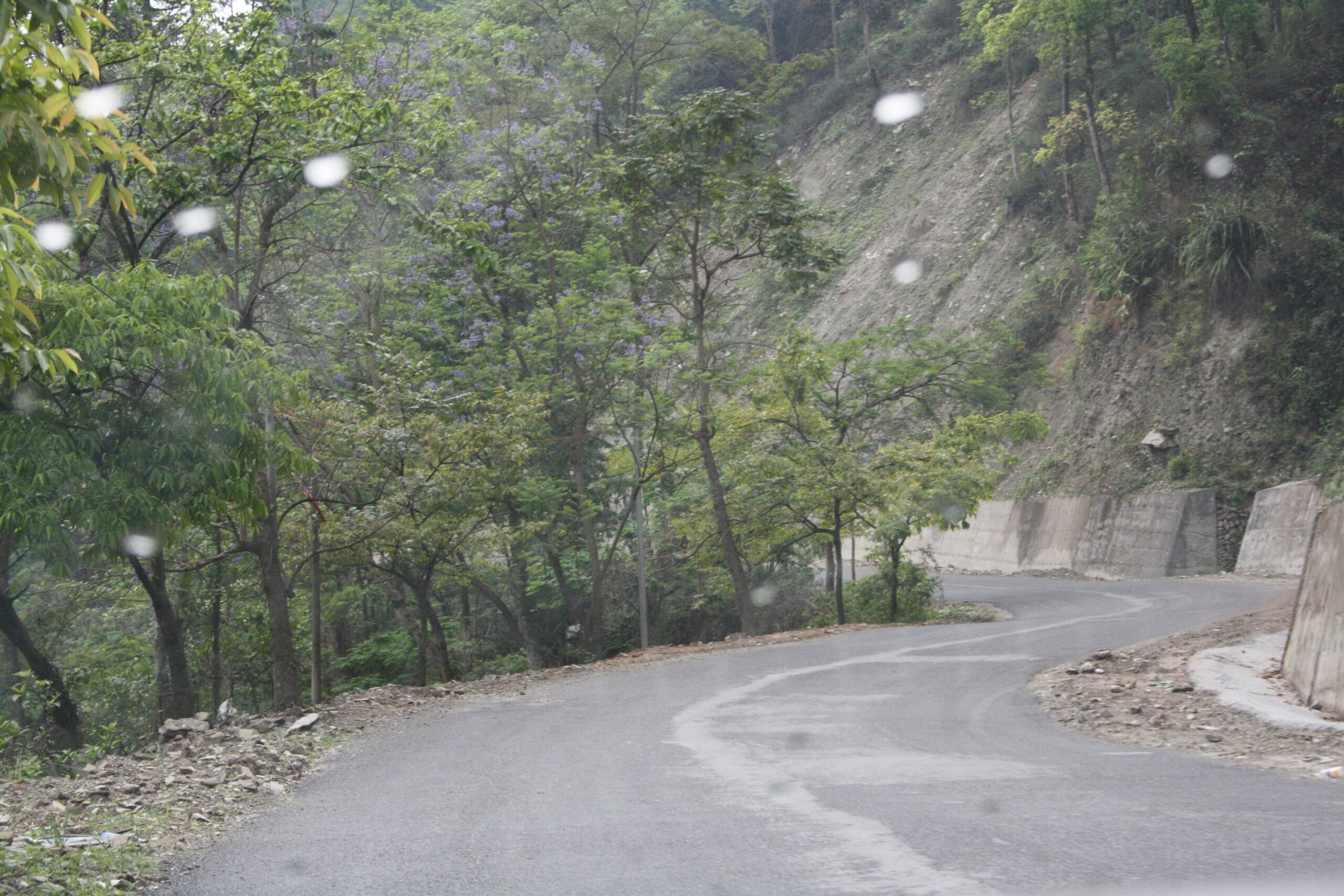Every time we, as feminists, talk about women rights,
gender equality, and other topics along these lines, we encounter many people who are equally vocal in opposing our ideas with views steeped in ignorance, myopic thinking, and baseless prejudices.
I have been in many situations where I bow out of a disagreement in order to save a relationship, which often leads the person on the other end (usually a man) to mistakenly believe he has won the argument. Most times, I haven't bothered to correct them, instead seeking satisfaction in the knowledge that I was a bigger person. Often I secretly chuckle at their folly and take sadistic pleasure in letting them make a fool of themselves.




